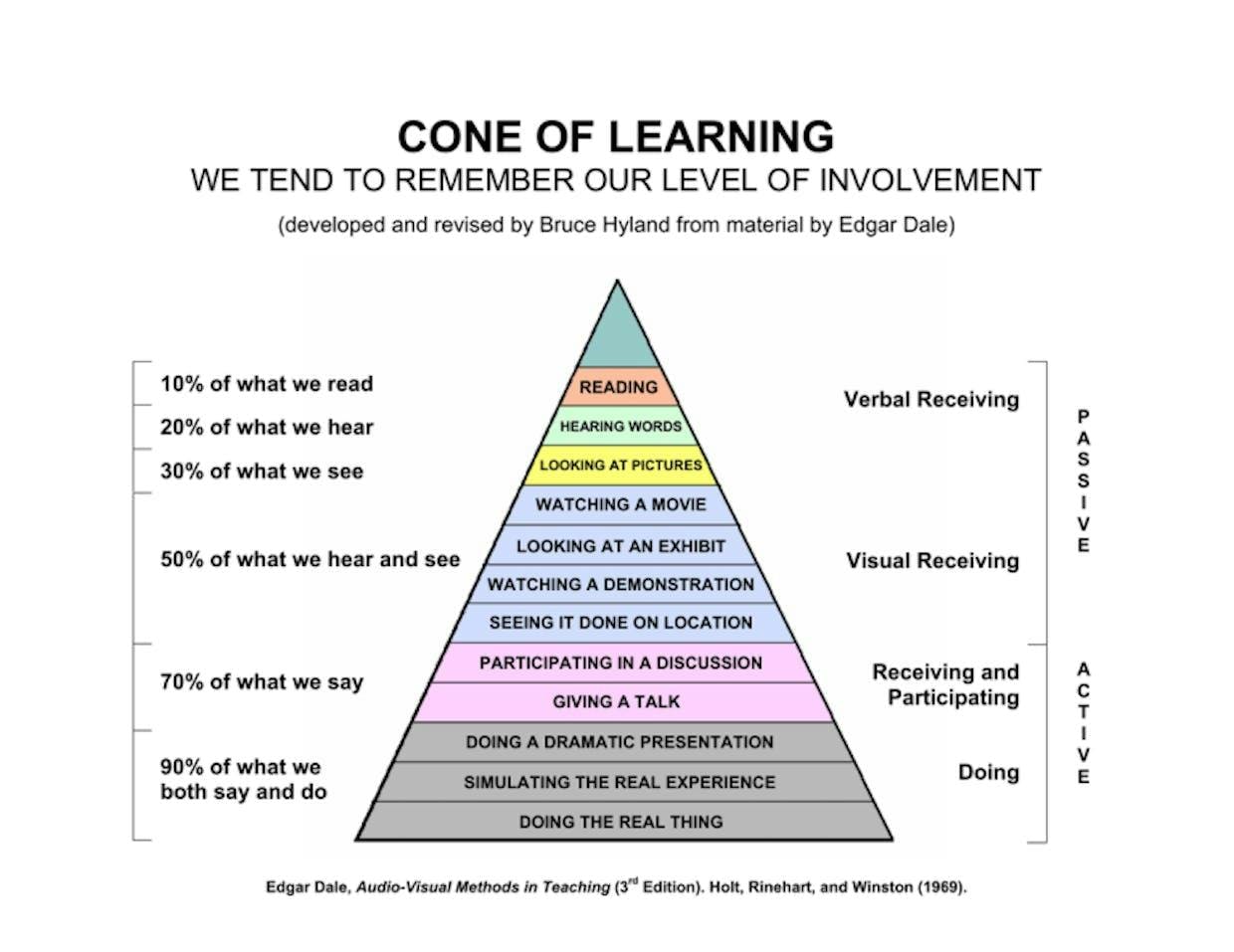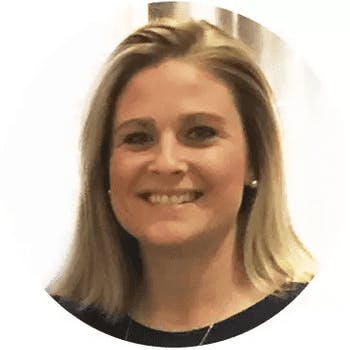When I provide coaching to people studying for their licensure exams, I strongly emphasize the importance of doing additional steps beyond just reading. If you are like me (and the majority of most people) reading can be a passive form of studying--meaning that my eyes can read over the words, and meanwhile I'm thinking things like "What am I going to make for dinner?" or "I need to catch up on my laundry." So that when I close my book I have no idea what I just read. So how can we change reading from a passive form of studying to an active form of studying? Look at this image below, developed and revised by Bruce Hyland from material created by Edgar Hale. It is a great illustration of how "we tend to remember our level of involvement" with how we study.

https://platosacademic.wordpress.com/tag/bruce-hyland/
So create flash cards, take notes, record your own voice as you read aloud, and/or write down what you're reading. It will force your brain to stay engaged. A great way to test yourself on your knowledge...teach it to someone else (a partner, a friend). I can remember getting in front of the mirror and trying to teach different concepts. If I was pausing too much, tripping over words, and teaching it terribly then that was an indication to me to go back and strengthen that material. Other times I could teach a certain concept flawlessly and would realize I knew that material well. That was also a great confidence booster!
What are some great active forms of studying that you would like to share?


